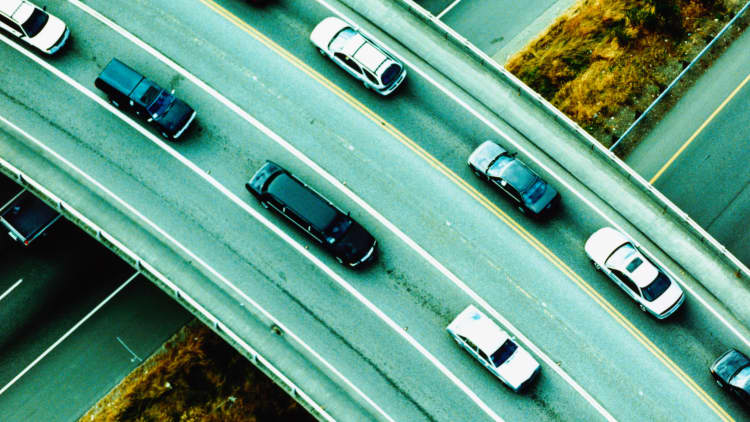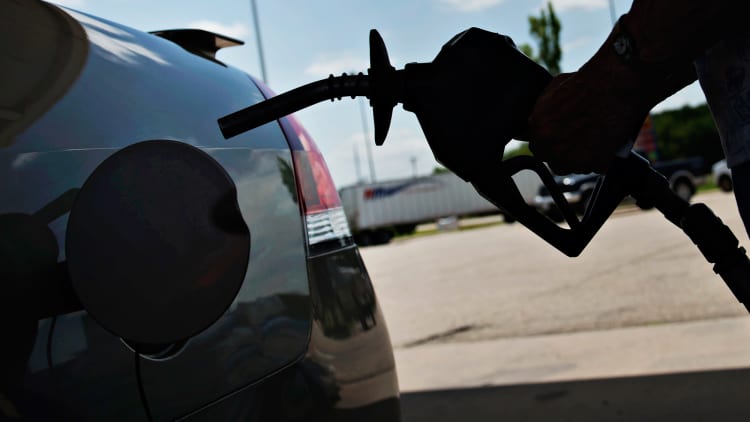
The details on how to fund President Donald Trump's $1 trillion infrastructure plan may be revealed "pretty soon," Transportation Secretary Elaine Chao told CNBC on Monday.
In fact, while the goal has been to have the proposal by the third quarter, she said that might be accelerated.
"The president is a very impatient man and he wants results right away. So he is pushing all of us to come up with an infrastructure proposal that can be presented to Congress quickly," Chao said in an interview with "Power Lunch" on the sidelines of the Milken Global Conference in Beverly Hills, California.
The funding would come from a number of sources, including $200 billion in direct federal funding.

One controversial option is hiking the federal gasoline tax. On Monday, Trump told Bloomberg News he would "certainly consider" such a measure.
Trump infrastructure advisor and real estate developer Richard LeFrak told "Power Lunch" that would be a "hard sell" but he praised the president's political courage for raising a subject that has been "one of the third rails of politics."
"We have a crumbling infrastructure. The money has to be spent and the user should have some responsibility for paying for it," he said. "I believe it's going to be considered but it's a political hot potato for sure."
Private funding also "absolutely" has a role, Chao said, noting "the federal government can't do it alone."
LeFrak thinks finding private money won't be a problem.
"There's no shortage of capital for this thing for the right projects," he said.
Other "innovative" ways to pay for it may include the sale of government assets and through the repatriation of corporate profits from overseas, Chao added.
Meanwhile, it's not just crumbling roads and bridges that will get overhauled. Other infrastructure projects may also include broadband, veteran's hospitals, energy and water, she noted.


